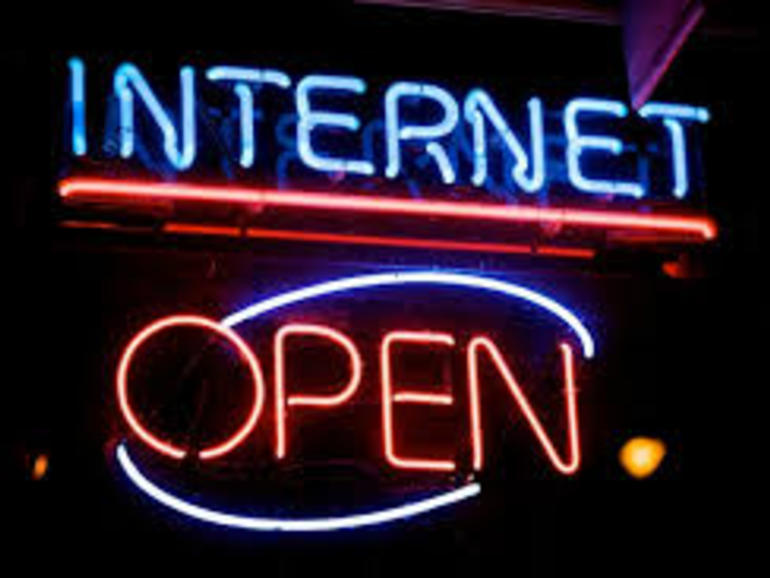‘Net Neutrality’: Is It Doomed?
For the internet industry, the regulatory climate may be facing a dramatic shakeup. The Federal Communications Commission has scheduled a December 14 vote on possible repeal of Title II web regulations. These rules are meant to promote what is known as ‘net neutrality’.

‘Net neutrality’ is the concept that all data on the web should be treated alike. Internet service providers (ISP) should not discriminate by platform, content, website, application, or user. An ISP would not be allowed to block, throttle (slow down), or charge extra for access to specific websites or online content.
What fed the demand for ‘net neutrality’?
The matter became a live political issue in 2004, when Comcast throttled uploads of peer-to-peer file sharing apps such as BitTorrent. Despite public protest, Comcast did not stop the throttling until the FCC ordered it to do so. AT&T, Verizon, and other ISPs were also accused of blocking or throttling specific content. Some were accused of giving favorable treatment to data from corporate partners, including TV networks.
In 2014, the FCC received more than 3.7 million complaints about blocking, throttling, and paid prioritization. The following year, the commission ruled that the internet is a telecommunications service. An ISP, then, is a ‘common carrier’ subject to regulation under Title II of the 1934 Telecommunications Act. The web would be regulated like any public utility.
Resistance to the New Rules
The Title II rules faced fierce criticism from the cable and telecom industries. Some claimed the rules would inhibit investment in internet systems. This would delay or prevent improvement in equipment or networks. In any case, the leading ISPs said, the rules went far beyond the FCC’s legal mandate.
Ajit Pai, the current FCC chairman, said that the current ‘net neutrality’ rules discourage innovation. Less innovation, he said, means less competition. This in in turn, he said, keeps prices high.
Pai says repeal of the Title II internet rules will foster competition, make broadband more widely available, and bring prices down. His critics say the move would only make the larger ISPs more dominant. The largest cable and telecom systems would enjoy near-monopolies on the flow of information.
Who’s right? We may find out after December 14.
(For the strongest internet connection, talk to us. We can help.)

